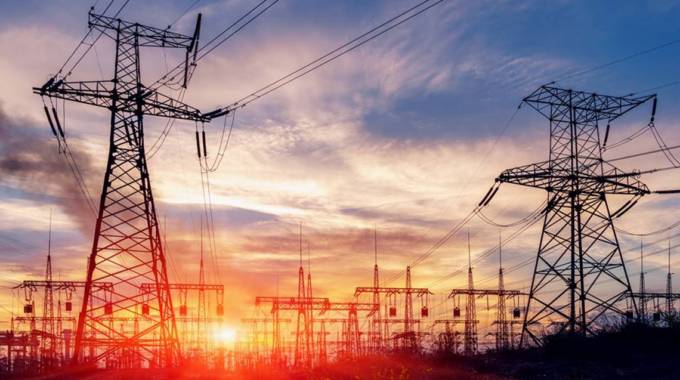
The Sunday Mail

Cresencia Marjorie Chiremba
YOUR MONEY, YOUR CALL
THE once jubilant cries of children celebrating the restoration of power after load shedding have faded into weary acceptance.
Electricity consumers find themselves caught in a paradox; longer blackouts are now preferable.
Why?
Because the Zimbabwe Electricity Supply Authority (Zesa) has cranked up the voltage on our wallets, leaving us all feeling the pinch.
Personally, I am used to buying electricity once a month. However, last month, I had to go for more than three purchases, and this really got me into an electric shock.
Picture this: You top up your prepaid electricity expecting reasonable units and, instead, you are greeted by a menacing beep — the digital display flashing less and less units.
It is as if your power bill has been hitting the gym, bulking up on steroids and flexing its newfound strength.
As Zesa shifts to cost-reflective tariffs, homes are slowly turning into battlefields over power usage.
Resultantly, some people are now comfortable being in the dark for the greater part of the day for obvious reasons.
Even when power is available, they now prefer to load shed themselves.
Further, the cost of electricity is now pegged to the US dollar, which means prices now shift even with exchange rate movements.
But there is a secret to buying power: One has to purchase units for the whole month in one go.
Once depleted, additional units become pricier.
So, the consumer would effectively be spending more money for less units.
It is a system that punishes high electricity consumption and rewards those who use less.
For example, if a household purchases 250 units and uses an average of nine to 10 per day, they will inevitably have to top up before the month ends, which would be super expensive.
It is now not uncommon for some households — typically those with many families living at the same premises — to make an undertaking to use electricity solely for lighting after it becomes clear they would not last the distance.
Also, gone are the days when consumers would pay below-market prices because of inflation or even skip paying their bills, as the power utility last year ensured that it rolled out prepaid meters for most households.
As with everywhere around the world, utility bills are expensive and chew up the bulk of family budgets.
Over the years, below-market prices nearly brought Zesa to its knees. Recovering its cost will, therefore, make it able to invest in power generation projects that make electricity readily available.
But it all begins with consumers.
They must develop the habit of religiously paying their utility bills for better services.
For example, the rate of revenue collection in Rwanda is 100 percent because of prepaid meters.
The Central African country uses a model that prioritises sustainability and affordability.
Its decentralised energy system empowers local communities through small-scale solar projects, as well as wind and mini-hydro power plants. We could learn from this community-driven approach, fostering self-sufficiency and reducing dependence on the national grid.
Climate change, which threatens to empty Kariba Dam, the source of water for our hydroelectric power plant, means we desperately need to invest in renewable energy and diversify our energy mix.
Our current power woes can be traced back to Kariba, where power generation is now desperately low.
We all yearn for a future where electricity is available all the time but at a cost that does not break the bank, where solar panels are affordable to the common man and where the warning sound of the power meter does not drown out our dreams.
Until then, let us raise our dimly lit solar lanterns and keep hoping for a glimmering future of affordable power to every consumer.
But nothing comes for free; we have to pay for a bright future.
What has been your experiences with recharging electricity? On average, how much do you consume per month?
Cresencia Marjorie Chiremba is a marketing enthusiast with a strong passion for customer experience. For comments, suggestions and trainings, she can be reached at: [email protected] or at +263712979461, 0719978335.






